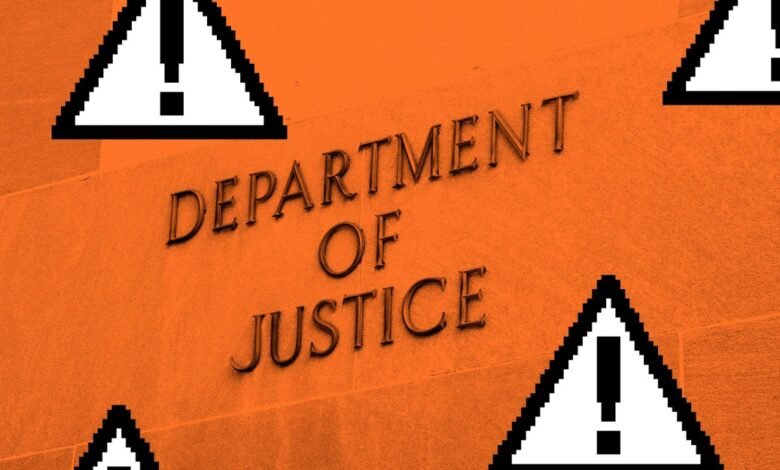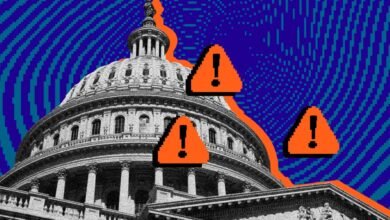Facebook Removes ICE-Tracking Page After U.S. Government Request

▼ Summary
– Meta removed a Facebook page tracking ICE activity in Chicago following Justice Department outreach, citing policy violations against coordinated harm.
– The DOJ acted after a right-wing influencer highlighted an ICE-tracking group, though neither the DOJ nor Meta confirmed the specific page’s identity.
– This follows similar removals by Apple and Google of ICE-tracking apps after government demands, amid increased immigration enforcement.
– The incident raises concerns about potential illegal jawboning, where the government may pressure private companies to remove legal speech.
– There is limited evidence linking ICE-tracking tools to violence, despite government claims, and the situation contrasts with Republican criticisms of Biden’s tech platform interactions.
Meta has removed a Facebook page that tracked the activities of Immigration and Customs Enforcement (ICE) in Chicago following a request from the U.S. Department of Justice. Attorney General Pam Bondi announced on social media that the platform took down a “large group page that was being used to dox and target” ICE agents. A spokesperson for Meta confirmed the removal, stating the group violated policies against coordinated harm. This action mirrors recent decisions by Apple and Google, which also blocked ICE-tracking applications after government outreach.
The Justice Department has not provided additional details beyond Bondi’s statement, and ICE has yet to comment on whether specific threats against its agents appeared on the page. The government’s involvement appears linked to a post by Laura Loomer, a conservative activist who highlighted a group called “ICE Sighting- Chicagoland.” Loomer asserted the page shared real-time updates on ICE operations and agent locations, and she later claimed a DOJ source informed her the agency saw her post and contacted Meta. While neither the DOJ nor Meta confirmed the exact group name, the timeline suggests a connection.
As federal immigration enforcement has intensified under the current administration, community-led tools and online groups have emerged to notify people about ICE presence. One such tool, the ICEBlock app, allowed anonymous reporting of ICE sightings and briefly topped Apple’s App Store charts before being removed. Bondi criticized the app, saying it endangered ICE personnel, but its developer, Joshua Aaron, called that accusation “patently false,” denying any intent to harm law enforcement.
Bondi’s public statement has sparked debate over potential government overreach, specifically whether officials engaged in “jawboning”, informal pressure on private companies to restrict legally protected speech. While platforms like Meta and Apple retain broad discretion to moderate content, the government’s role in urging removals raises constitutional questions. It remains unclear what exactly the DOJ communicated to the companies or whether the page would have been taken down without official involvement. Recent statements from the administration indicate a wider interpretation of speech that could support domestic terrorism, accompanied by pledges to address it.
This situation is especially significant given ongoing political disputes over tech platform moderation. Former President Trump and other Republican leaders have frequently accused the Biden administration of censorship for flagging COVID-19 and election-related misinformation. A lawsuit brought by conservative attorneys general reached the Supreme Court, which found no proven connection between government communications and the platforms’ content decisions.
Evidence linking ICE-tracking resources to actual violence remains sparse. Federal officials pointed to a September shooting at a Dallas field office, suggesting tracking apps may have been involved, though their role in the incident, which resulted in two detainee fatalities and no ICE casualties, is unconfirmed. According to a National Public Radio analysis, assaults on ICE agents have risen alongside their growing visibility in communities, but not to the extent claimed by the government.
(Source: The Verge)



